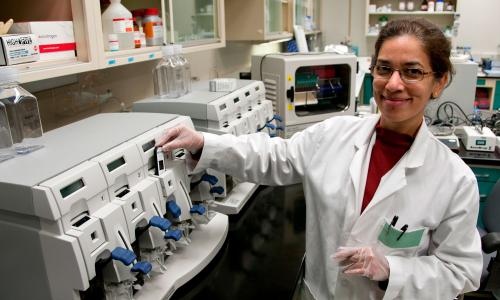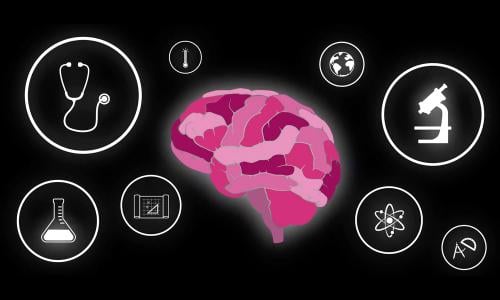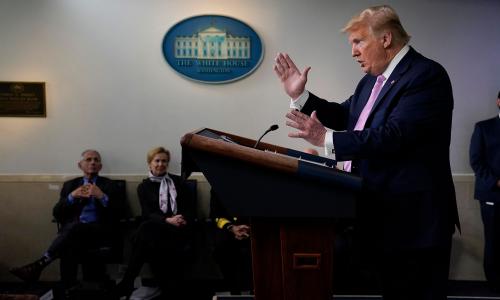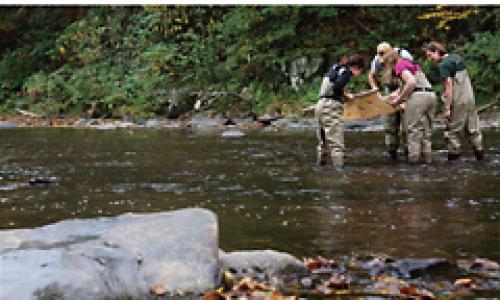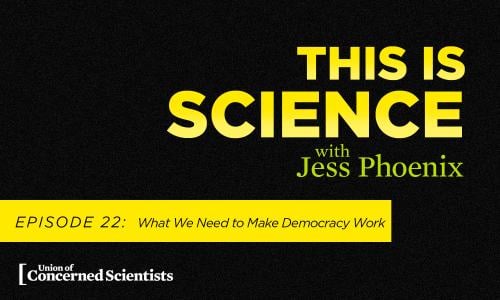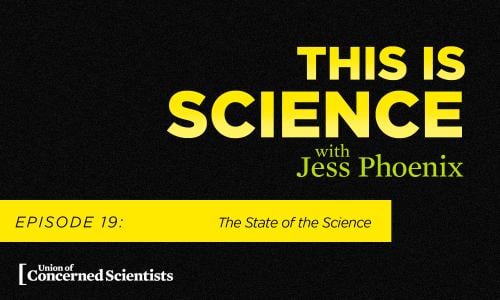Table of Contents
Working to ensure an independent, transparent federal science enterprise that can support effective decisionmaking.
Public science has made many extraordinary contributions to our well-being. From vaccination to the moon landing and the development of the Internet, scientists working for the US government have helped make us safer, healthier, more prosperous, and better informed.
But government science is also vulnerable to political pressure. When evidence supports policies that threaten powerful interests, science often gets manipulated, suppressed, or pushed to the sidelines. The Center for Science and Democracy works to resist such abuses and help keep the federal science infrastructure strong and independent so that it can do its vitally important work.
Calling out political interference
Scientific evidence is rarely the only thing policymakers consider in making a decision, except where this is mandated by law. Cost, public opinion, and other factors may often be important concerns. But it’s crucial that the science that is considered be free from interference. When political leaders and their appointees corrupt the decision-making process or pressure scientists to distort or suppress their findings, they betray the public trust and make evidence-based policy impossible. Since 2004, UCS has been exposing such interference and standing up against it.
Keeping the lines of communication open
To play their role in serving the public effectively, it’s important that scientists be able to communicate freely about their work with peers, journalists, and the public. Too often, however, scientists report that their public communications are censored, constrained, or funneled through agency media offices. While some agencies have policies to ensure free scientific communication, these policies—and their enforcement—vary widely.
Protecting scientists from reprisal and harassment
Scientists who expose scientific integrity abuses may be subject to workplace reprisals. The Center for Science and Democracy provides resources to help these scientists document their concerns, share them securely, and seek confidential legal advice when appropriate. And we stand up for scientists who are subjected to harassment and intimidation campaigns or nuisance open records requests.
Surveying federal scientists
Our assessment of threats to scientific integrity is not based on speculation or anecdotes. For over a decade, we’ve been doing regular surveys of scientists at federal agencies with science-focused missions, gathering data and firsthand reports about scientific integrity abuses, adherence to agency policies, morale, and other important factors.
